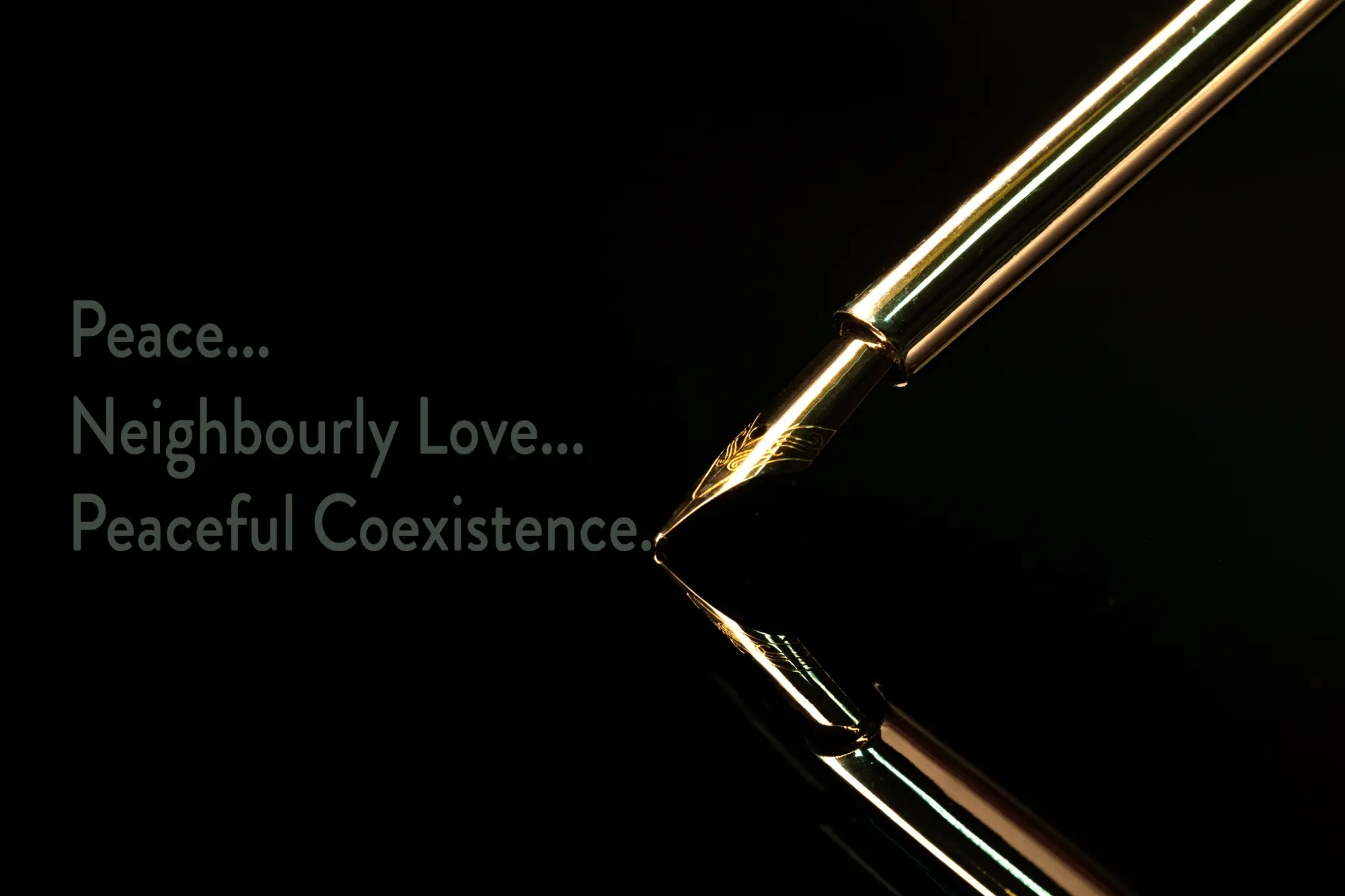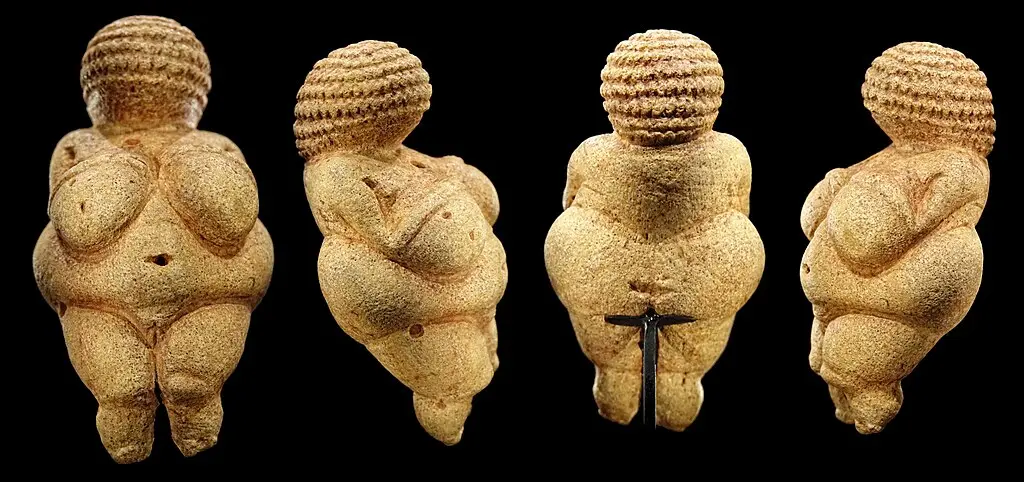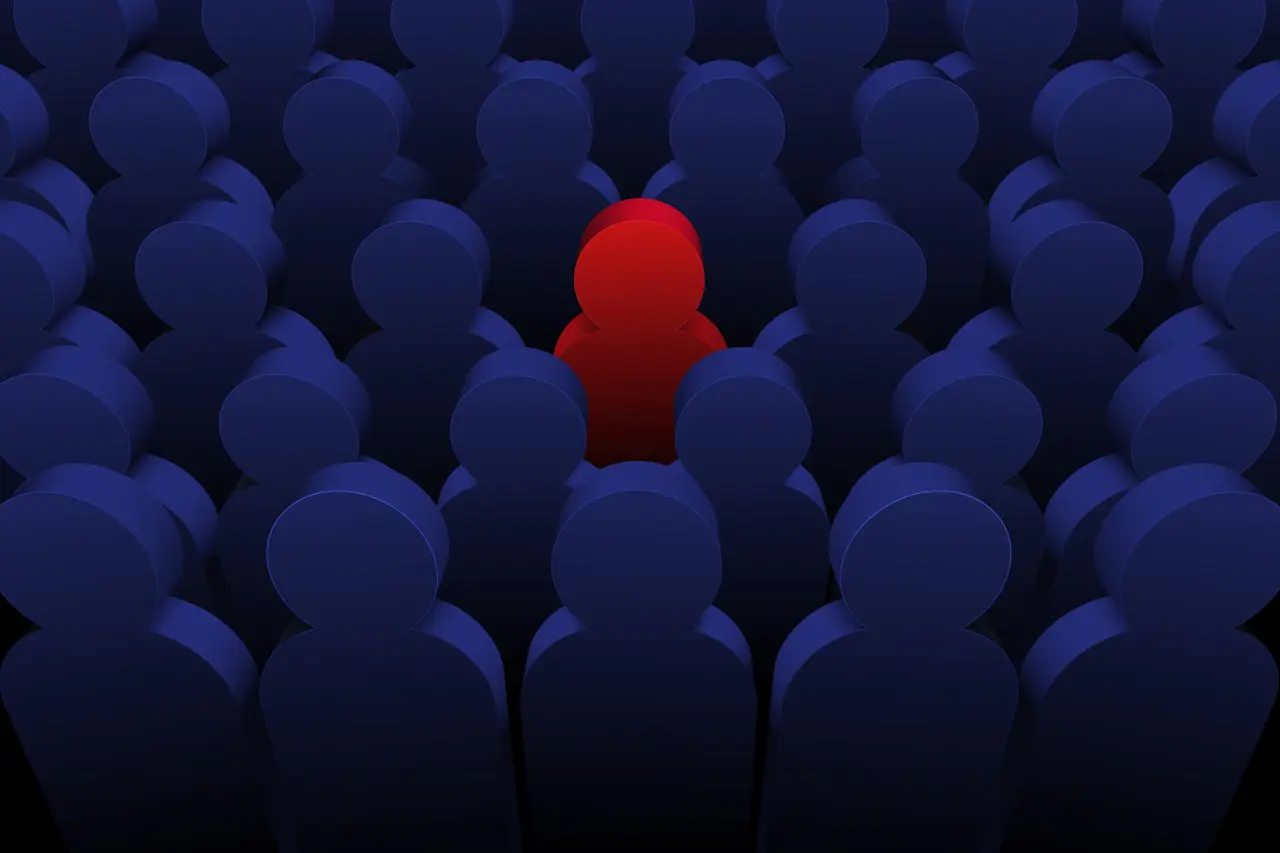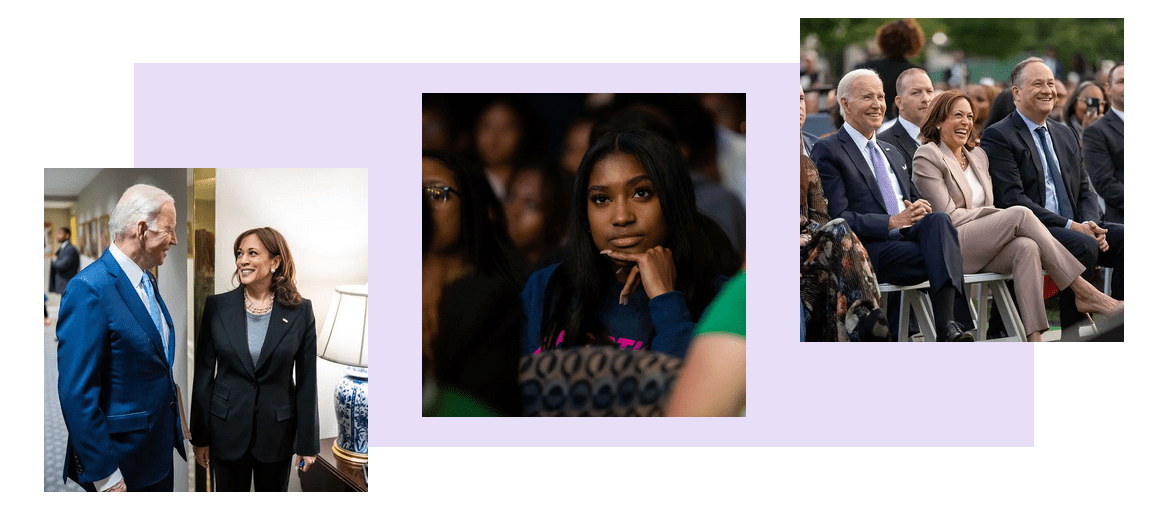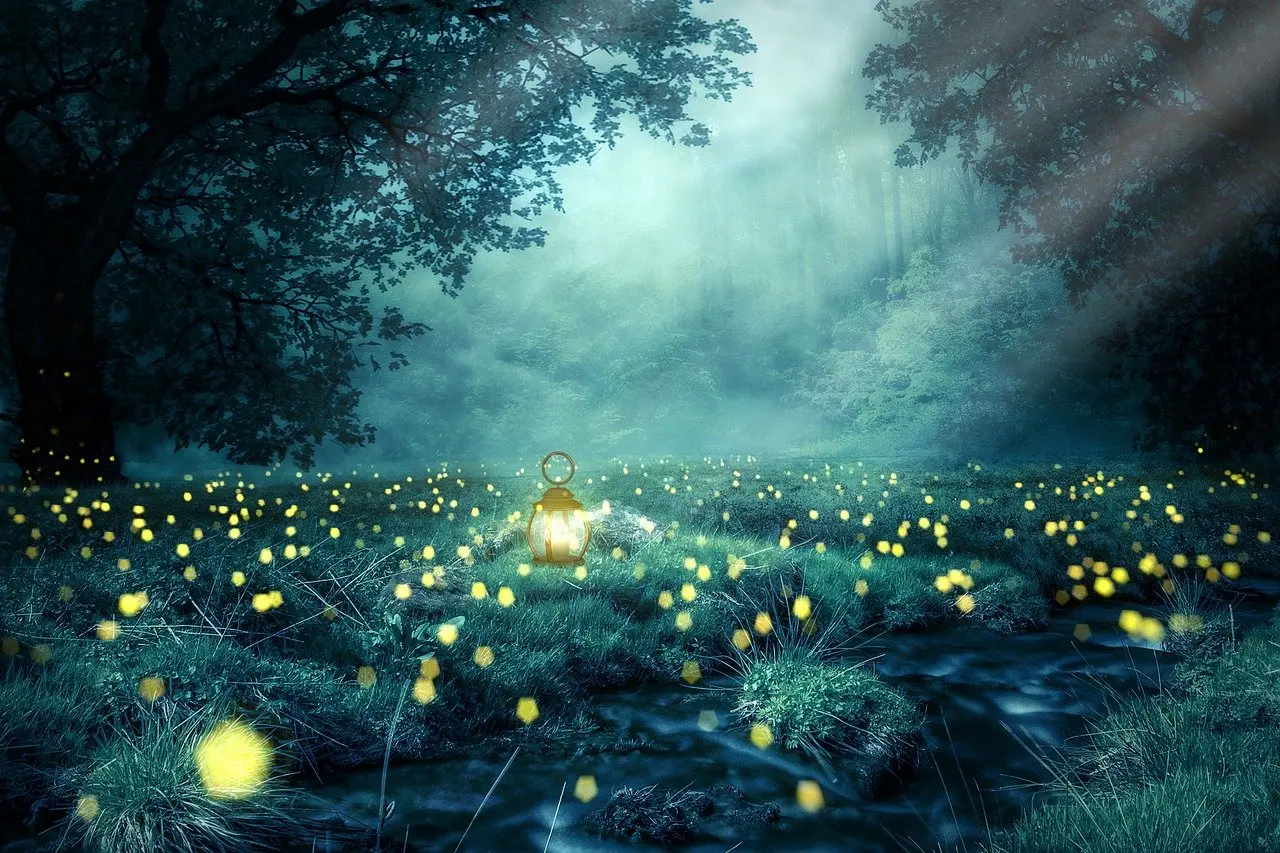
Perspective is another word for a view on things — or the world. Our view on the world can be mutli-faceted — or rather singular.
It depends on how we grow up, what we see and learn – and how we learn to deal with people and things — and how to judge them.
What now? ‘Judge’?
I am just thinking here, you might say.
Of course, in a broader sense, judging is what we do when we determine our view on something, or somebody.
In many cases what we see and hear is what we go by.
But blind people for example will tell you that going by your visual impression alone can easily lead to mistakes.
Equally, deaf-mute people will tell you that ‘going by’ the sounds or words spoken will easily lead to mistaken impressions.
But if that’s so easy to mistake what would you ‘go by’ then?
It needs an open mind and it needs patience. Neither people nor things can be judged quickly — although many people tend to do that — and a good understanding comes with time — and knowledge.
A very popular example is the reported reaction of a group of deaf-mutes watching the former US president Clinton when he spoke on his relations to the young lady that eventually caused his resignment from office: They smirked and laughed out loud until asked what was going on? And they answered: “But he is lying, it’s so obvious…”
Whatever the reason or the occasion, if we want to make this world a better place we would want to check our view — our judgement — of people as well as situations carefully.
